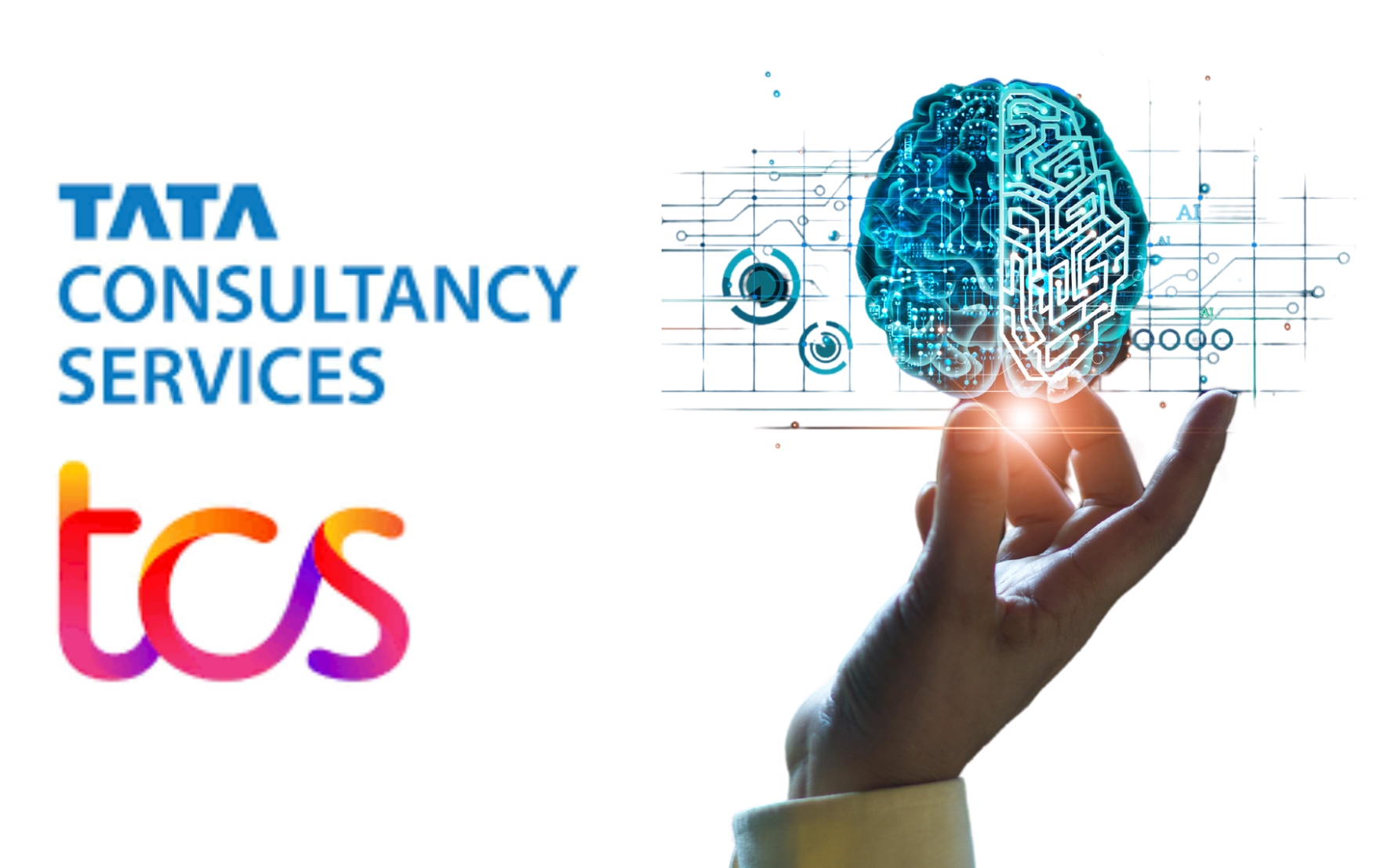TCS Launches AI Center of Excellence in Paris
Tata Consultancy Services Ltd (TCS), India’s largest IT services exporter, has announced plans to establish a unique ‘human-centric’ artificial intelligence (AI) Centre of Excellence (CoE) in Paris. The announcement is as per strategic expansion of TCS into European markets, focusing on innovative AI applications.
Objective of the AI CoE
The new AI Centre in Paris aims to explore how AI can enhance business efficiencies and tackle societal issues. TCS stated that the Centre will concentrate on three main areas:
- Brain-computer interface technology.
- Infusing empathy into machine interactions.
- Expanding the use of AI in the fields of arts and culture.
Strategic Location in France
The AI CoE will be located in La Defense, Paris, known for its vibrant economic and cultural activities. This location choice leverages France’s renowned expertise in design and engineering, benefiting from its rich culture reflected in various sectors including fashion and luxury. The Paris Centre will become one of the seven ‘TCS PacePorts’ globally, which serve as hubs for innovation.
Partnerships and Talent Development
As per TCS, this Centre will not only focus on technology but also on nurturing talent. The approach includes deepening partnerships with local universities, startups, and research centres. Moreover, TCS is planning to hire new talent and offer internships and collaborative projects with educational institutions to support this initiative.
More About Brain-Computer Interface
Brain-computer interfaces (BCIs) enable direct communication between the brain and external devices, often used for assisting the disabled. Recent developments allow control of devices through neural implants interpreting brain signals. Innovations like the Stentrode, implantable without open-brain surgery, are pioneering less invasive methods.
BCIs extend to neurogaming, where players control games via cerebral activity. Research also explores using BCIs for rehabilitation post-stroke, enhancing synaptic plasticity. Ethical debates arise around privacy and mental integrity, accentuating the necessity for robust security measures to protect brain data from unauthorized access.
More About Human-centric AI
Human-centric AI prioritizes ethical standards and user welfare, focusing on fairness, transparency, and accountability. This approach ensures AI systems enhance human capabilities without replacing them, maintaining human oversight. Ethical guidelines vary globally; however, initiatives like the EU’s AI Act exemplify regulation attempts.
AI’s interpretability remains crucial for trust, ensuring algorithms can explain decisions in human-understandable terms. Key applications include personalized education and healthcare, ensuring adaptations to individual needs. Universal guidelines are still under development to address bias and discrimination, aiming for equitable tech advancements.
Month: Current Affairs - May, 2024
Category: Economy & Banking Current Affairs








